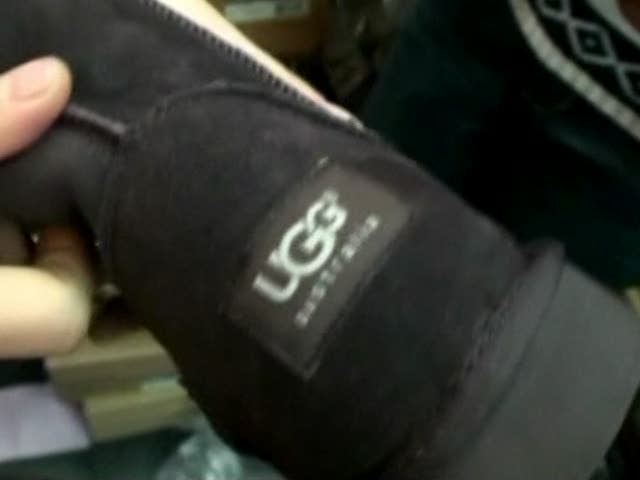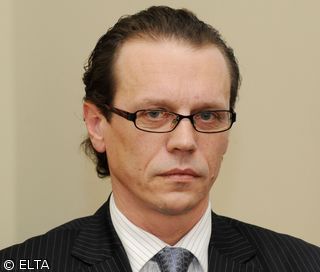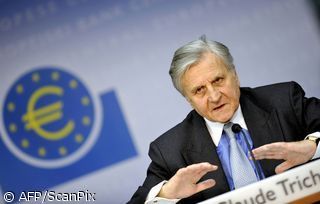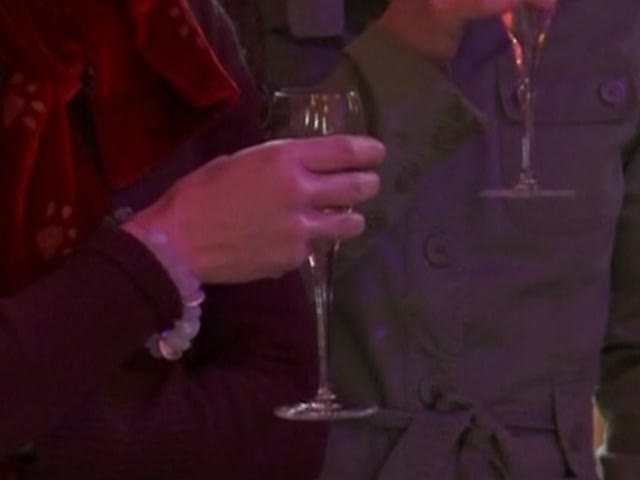EASTERN EUROPE AND KAZAKHSTAN: NEW HORIZONS OF COOPERATION
Published:
1 November 2003 y., Saturday
In 2004 ten of Eastern and Central European countries (ECE) will enter the European Union; it will be record quantity of new members for all the EU history.
Positive and evident experience of Single Europe members urges on potential members to meet a number of necessary requirements for of the Western-European investments inflow and therefore possible increase of living standards at present or in prospects.
The entering of these countries to the European Union can benefit not only them, but also traditional partners of Central and Eastern Europe such as Kazakhstan. Now available investments inflow from the EU members and recent the Brussels grants allowed to recover the some economic sectors and to increase the export level with other states, including Kazakhstan.
For example, the purchase by German “Volkswagen” rather unprofitable in the beginning of 1990s automobile factory “Skoda” in Czech Republic and some affiliated companies in Slovakia. The company has already created number of dealers in Republic of Kazakhstan. Working on prospect, it often signs leasing agreements with business partners.
The European companies investments to Polish economy allowed to develop hi-tech manufactures: computer production, video-audio techniques. Due to the Western technology and the low cost price the goods are attractive not only in the CIS, but in Europe.
In Hungary cooperation of automobile factory «Ikarus» with Swedish company "Volvo" allowed to improve bus manufacture. The trade mark is traditionally well-known in the former Soviet republics.
The European partners’ investments to Romanian economy were more helpful than for other Eastern European states. After the disintegration of the single economic market of socialist countries the state lost not only in economic, but also in political sphere.
Mainly due to the Western help Romania managed to support enterprises and keep workplaces, and that in turn it lowered social excitements and interethnic collisions. France, the active and developed EU member invested Romanian oil sphere that allowed to improve oil and gas refining and to increase hydrocarbons import volume from the Caspian sea and Siberia. Romania considers Kazakhstan as the main oil partner in the CIS except Russia. According to Romanian government the Caspian oil should be transported to Europe via Romanian sea ports in Black Sea. That was the aim of Romanian President Emil Constantinescu’s visit to Kazakhstan in the end of 1990s.
Investments to Slovenia and Bulgaria allowed to increase traditional production – the household chemical goods, utensils, pharmaceutics, goods which are popular in our country. Slovenian pharmaceutical giant – company "KRKA" opened number of joint ventures in Kazakhstan, creating workplaces for our citizens.
The Baltic States broke a record in attracting investments among the Eastern European countries. This allowed to quickly pass unpleasant, but necessary transformational processes in economic and political sphere. Finland and Germany created many joint ventures in Estonia and Latvia, thus improved competitiveness of the Baltic goods, many of which are exported mainly to the CIS countries. For example, in Latvia the Riga diesel factory delivers locomotives and cars, qualitative and inexpensive diesel stations which are attractive for the CIS countries. There are a lot of joint ventures both in Kazakhstan and the Baltic States. The activity of association «KazBalt» is very beneficial for the partners.
Moreover, in New Europe delegates from the Eastern European states will have influence in the decision-making process. It is important to pay attention to strengthening cooperation with all Eastern European countries.
Šaltinis:
KAZINFORM
Copying, publishing, announcing any information from the News.lt portal without written permission of News.lt editorial office is prohibited.
The most popular articles
 Today, the Commission published a Communication which outlines the most serious tax problems that EU citizens face in cross-border situations and announces plans for solutions.
more »
Today, the Commission published a Communication which outlines the most serious tax problems that EU citizens face in cross-border situations and announces plans for solutions.
more »
 The European Commission has opened a formal investigation under EU state aid rules to examine a number of support measures, including several capital injections and shareholder loans, that the Hungarian authorities granted to Malév-Hungarian Airlines in the context of its privatisation and subsequent renationalisation.
more »
The European Commission has opened a formal investigation under EU state aid rules to examine a number of support measures, including several capital injections and shareholder loans, that the Hungarian authorities granted to Malév-Hungarian Airlines in the context of its privatisation and subsequent renationalisation.
more »
 Internet and lax customs enforcement drive growth of 600 billion US dollar counterfeit goods industry.
more »
Internet and lax customs enforcement drive growth of 600 billion US dollar counterfeit goods industry.
more »
 350 million people rose out of poverty in the past decade, but 1.4 billion are still extremely poor, says the latest report into rural poverty.
more »
350 million people rose out of poverty in the past decade, but 1.4 billion are still extremely poor, says the latest report into rural poverty.
more »
 New plan sets out action to reach 75% employment target for the EU by 2020.
more »
New plan sets out action to reach 75% employment target for the EU by 2020.
more »
 Research Ministers of the EU Member States and Associated Countries, together with the European Commission, are announcing in Brussels today three new pan–European energy research infrastructures.
more »
Research Ministers of the EU Member States and Associated Countries, together with the European Commission, are announcing in Brussels today three new pan–European energy research infrastructures.
more »
 Algirdas Šemeta, Commissioner for Taxation, Customs, Audit and Anti-fraud, is visiting Moscow today to discuss ways in which customs cooperation between the EU and Russia can be reinforced.
more »
Algirdas Šemeta, Commissioner for Taxation, Customs, Audit and Anti-fraud, is visiting Moscow today to discuss ways in which customs cooperation between the EU and Russia can be reinforced.
more »
 Following on from Monday's debate with ECB President Jean-Claude Trichet, MEPs on Tuesday adopted a resolution, by a show of hands, gauging the ECB's performance in 2009 and suggesting actions to be taken in view of the economic situation.
more »
Following on from Monday's debate with ECB President Jean-Claude Trichet, MEPs on Tuesday adopted a resolution, by a show of hands, gauging the ECB's performance in 2009 and suggesting actions to be taken in view of the economic situation.
more »
 The European Parliament today approved €10.5 million in European Globalisation Adjustment Fund aid to over 3,000 people in the Netherlands who lost their printing and publishing sector jobs last year, due to the economic crisis.
more »
The European Parliament today approved €10.5 million in European Globalisation Adjustment Fund aid to over 3,000 people in the Netherlands who lost their printing and publishing sector jobs last year, due to the economic crisis.
more »
 A diamond-studded gold coin engraved with a picture of the Taj Mahal and worth 100,000 euros is unveiled at the Paris mint.
more »
A diamond-studded gold coin engraved with a picture of the Taj Mahal and worth 100,000 euros is unveiled at the Paris mint.
more »